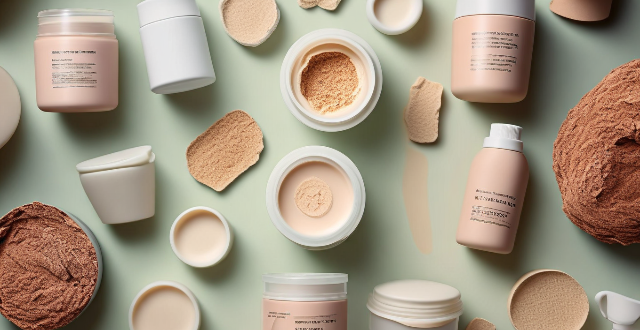Wearing a face mask can cause skin irritation or acne due to friction, pressure, heat, moisture buildup, and bacterial growth. To prevent these issues, choose breathable materials, wash your face regularly with gentle cleansers, use oil-free skincare products, change your mask frequently, and consult a dermatologist if necessary.

Can Wearing a Face Mask Cause Skin Irritation or Acne?
Wearing a face mask has become a common practice in recent times due to the COVID-19 pandemic. However, some people have reported experiencing skin irritation or acne as a result of wearing a face mask. In this article, we will explore whether wearing a face mask can cause these skin problems and how to prevent them.
Skin Irritation
*What Causes Skin Irritation from Face Masks?*
Skin irritation from wearing a face mask is usually caused by friction, pressure, heat, and moisture buildup under the mask. These factors can lead to redness, itching, and inflammation of the skin. Additionally, some people may have an allergic reaction to the materials used in the mask, such as latex or certain types of fabric.
*How to Prevent Skin Irritation from Face Masks?*
To prevent skin irritation from wearing a face mask, you can follow these tips:
- Choose a mask made from breathable materials like cotton or silk, which allow air to circulate and reduce moisture buildup.
- Avoid using masks with rough or scratchy seams that can irritate your skin.
- Wash your face regularly with gentle cleansers and moisturize your skin before putting on the mask.
- Take breaks from wearing the mask when you are in a safe environment where social distancing can be maintained.
- If you have sensitive skin or allergies, consider using hypoallergenic or fragrance-free products and consult a dermatologist for advice.
Acne
*What Causes Acne from Face Masks?*
Acne is another common skin problem associated with wearing face masks. The main causes of acne include clogged pores, excess oil production, and bacterial growth. Wearing a face mask can trap sweat, oil, and bacteria against your skin, creating an ideal environment for acne to develop.
*How to Prevent Acne from Face Masks?*
To prevent acne from wearing a face mask, you can try the following strategies:
- Cleanse your face twice daily with a gentle cleanser to remove excess oil and dirt.
- Use oil-free or non-comedogenic skincare products that won't clog your pores.
- Avoid touching your face frequently and wash your hands regularly to reduce the transfer of bacteria.
- Change your face mask frequently, especially if it becomes damp or dirty.
- If you have persistent acne problems, consult a dermatologist for professional treatment options.
In conclusion, while wearing a face mask can cause skin irritation or acne in some people, there are several ways to prevent these issues. By choosing the right type of mask, practicing good skincare habits, and seeking medical advice when necessary, you can protect both your health and your skin.